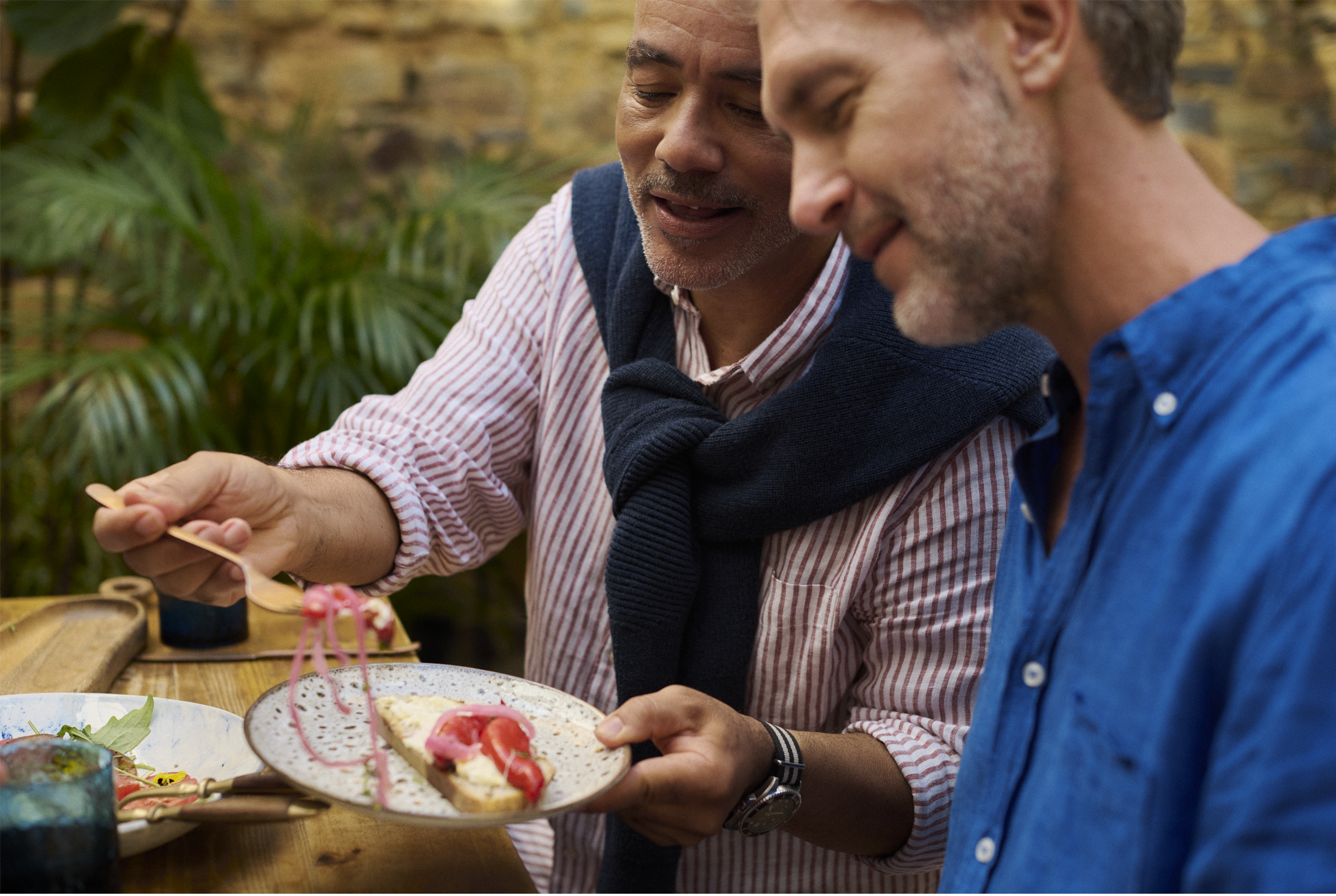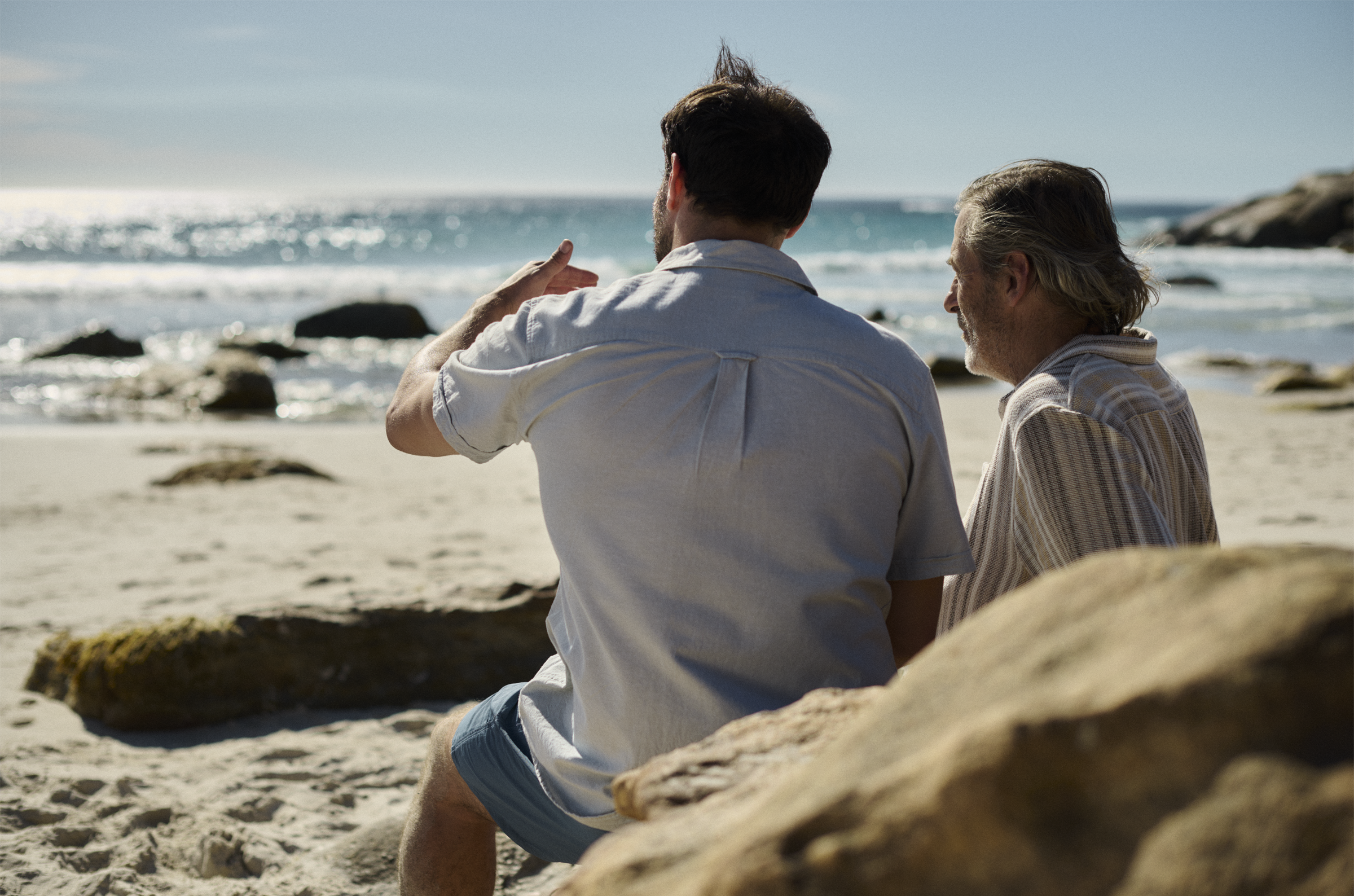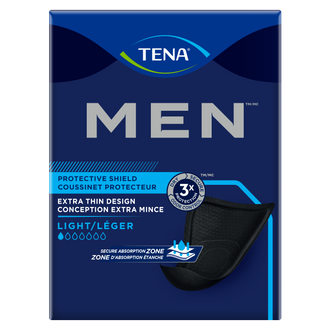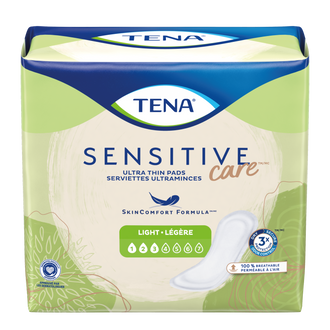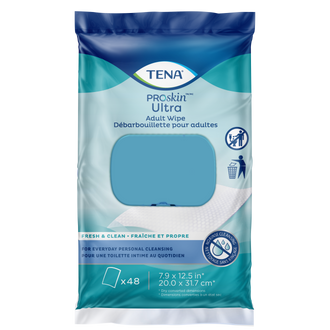Jul 31, 2024
Living with male incontinence can be tough, but there are plenty of home remedies that might help. From tweaking your diet and adding some helpful exercises to making simple lifestyle changes, you can find ways to improve your condition right from home.
We’ll be exploring practical tips and strategies to help you manage incontinence more effectively and enhance your quality of life. Let’s discuss some solutions that might work for you!
Understanding the Different Types of Urinary Incontinence in Men
When it comes to urinary incontinence in men, it’s helpful to know that there are several types, to find the best way to manage them. Here’s a quick rundown:
- Stress Incontinence: This happens when you leak a little urine during quick movements or physical activities like sneezing, laughing, or lifting something heavy.1
- Urge Incontinence: This type of incontinence makes you feel a sudden, strong urge to pee, sometimes leading to leakage before you can get to the bathroom. It’s usually caused by infections or sometimes nerve problems.1
- Overflow Incontinence: This occurs when your bladder doesn’t empty completely, causing frequent dribbling or leaks.1 It’s often linked to blockages like a tumor, which can be due to an enlarged prostate.1
- Functional Incontinence: This isn’t about problems with the urinary system itself but rather difficulties reaching the bathroom on time due to mobility issues or cognitive impairments.1 Knowing these types can help you figure out the best approach to managing incontinence and finding solutions or remedies that work for you.
The Connection Between Prostate Health and Urinary Incontinence
The prostate’s health plays a significant role in urinary incontinence for men. Issues like an enlarged prostate and prostate cancer can affect how your bladder functions and lead to incontinence.1
- Enlarged Prostate: This is a common condition where the prostate gland enlarges as men age.1 This enlargement can press against the urethra, obstructing urine flow and causing symptoms like frequent urination, urgency, and difficulty starting or stopping urination.2 As the condition progresses, it can lead to incontinence, where the prostate gland pushes on the bladder.1
- Prostate Cancer: Untreated prostate cancer and its treatments, like surgery or radiation, can also affect urinary function.1 The surgery to remove the prostate (prostatectomy) could damage the nerves and muscles controlling urination, leading to stress incontinence or urge incontinence. Radiation therapy might cause similar issues, along with irritation of the bladder.2
Symptoms to Watch Out For
Here are some symptoms of incontinence to watch out for3:
- Difficulty urinating or an obstructed urine stream1
- Frequent need to urinate2
- Sudden, strong urges to urinate1
- Leaking urine or dribbling after urination1
If you experience any of these symptoms or notice changes in your urinary patterns, it’s important to talk to your doctor.3 Early diagnosis and treatment can help manage symptoms and improve your quality of life.
Effective Home Remedies for Managing Male Incontinence
Managing male incontinence may seem like it could be challenging, but there are plenty of home remedies and lifestyle changes that can help. Let’s jump into some practical tips that might make a big difference.
Managing Fluid Intake: Balancing Hydration and Incontinence
Finding the right balance with your fluid intake is key. Try to drink smaller amounts of water regularly throughout the day rather than having it all at once.3
Optimizing Your Diet for Better Bladder Control
What you eat can also affect your bladder. Some helpful tips include:
- Go Easy on Spicy or Acidic Foods: Food like chili peppers or citrus fruits might irritate your bladder, so try milder options instead.1
- Skip Artificial Sweeteners: These can sometimes stimulate your bladder too much, so cutting back might help.1
- Eat More Fiber: Fiber helps with digestion and can prevent constipation, which can aggravate incontinence.1
Bladder Training Techniques: Strengthening Control Over Urination Bladder training can really help to manage your urinary incontinence. Set a timer to remind yourself to go to the bathroom regularly, even if you don’t feel the urge to go. 3Then, try to hold off a bit longer each time you need to go, gradually increasing the strength of your bladder and urinary tract.3
Pelvic Floor Exercises: Boosting Bladder Strength and Function
Pelvic floor exercises, or Kegels, can strengthen those essential muscles2,3:
- Find the Right Muscles: To locate your pelvic floor muscles, try stopping your urine midstream.4
- Exercise Routine: Tighten these muscles, hold for 5-10 seconds, then relax. Do this 10-15 times, 3 times a day.4
- Stick With It: Consistent practice can make a real difference in bladder control. 4
Maintaining a Healthy Weight to Improve Bladder Control Keeping a healthy weight can ease pressure on your bladder1:
- Stay Active: Regular exercise can help manage weight and improve bladder control.3
- Eat a Balanced Diet: Eating a healthy, balanced diet supports overall health and weight management. 3
Using Absorbent Guards, Shields, or Underwear
Absorbent products can make a big difference2Use underwear, guards, or shields based on the level of absorption you need to help manage your urinary incontinence. TENA’s range of incontinence products are designed specifically for men, are discreet and provide secure protection from leaks.
Pumpkin Seeds: A Natural Remedy for Bladder Health
Pumpkin seeds might be a tasty way to support your bladder. They’re packed with nutrients like omega-3-fatty acids which have anti-inflammatory properties that may help support bladder health.4 Snack on pumpkin seeds or add them to salads and dishes for a healthy boost.
The Importance of Quitting Smoking for Bladder Health
Smoking can worsen incontinence by irritating the bladder muscle, or cause coughing that contributes to incontinence. If you smoke, consider quitting for better bladder health and overall improvement. 1,4Look out for resources or support groups in your area to help you quit.
Avoiding Caffeine and Alcohol to Reduce Incontinence Symptoms
Drinks like caffeine and alcohol can irritate your bladder. Reducing or eliminating caffeine and alcohol might help improve bladder control.1 Rather choose non-caffeinated and non-alcoholic beverages when you have a drink.
Reviewing Your Medications: Ensuring They Don't Worsen Incontinence
Some medications can impact your bladder. Review your medications with a healthcare provider to ensure they’re not making your incontinence worse.2 With these tips and home remedies, you can take control of your incontinence and improve your comfort and quality of life.
Wrapping Up: Taking Control of Male Incontinence
Managing male incontinence is definitely doable with the right mix of home remedies and lifestyle tweaks. Balancing your fluids, adjusting your diet, and incorporating exercises like Kegels can all help improve bladder control.
While these tips are a great start, chatting with a healthcare provider can give you personalized advice and support to ensure you're on the right track. With a bit of effort and the right guidance, you can tackle incontinence and enhance your daily life.
Whether you need light protection from dribbles or something with a bit more absorption for bladder leaks, TENA’s male incontinence products offer a variety of absorption levels.
References
1. Mayo Clinic. ‘Urinary incontinence’. 2023. Accessed 19 July 2024. Available from: https://www.mayoclinic.org/diseases-conditions/urinary-incontinence/symptoms-causes/syc-20352808
2. WebMD. ‘Prostate Cancer: Urinary Incontinence’. 2022. Accessed 19 July 2024. Available from: https://www.webmd.com/prostate-cancer/urinary-incontinence
3. Healthline. ‘Male incontinence: what you should know’. 2018. Accessed 19 July 2024. Available from: https://www.healthline.com/health/overactive-bladder/male-incontinence#symptoms
4. Healthline. ‘What home remedies work for an overactive bladder?’. 2023. Accessed 19 July 2024. Available from: https://www.healthline.com/health/overactive-bladder/home-remedies

